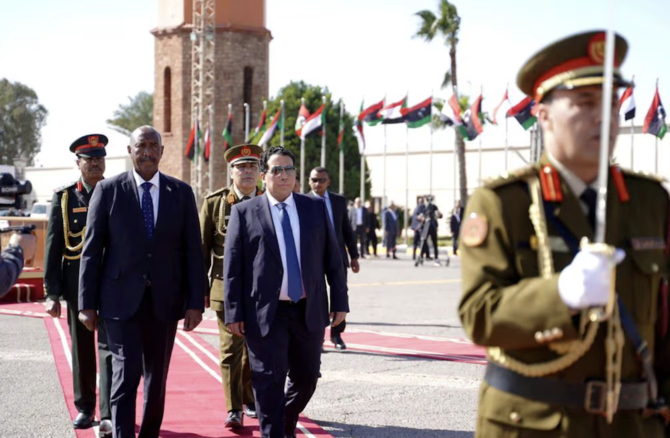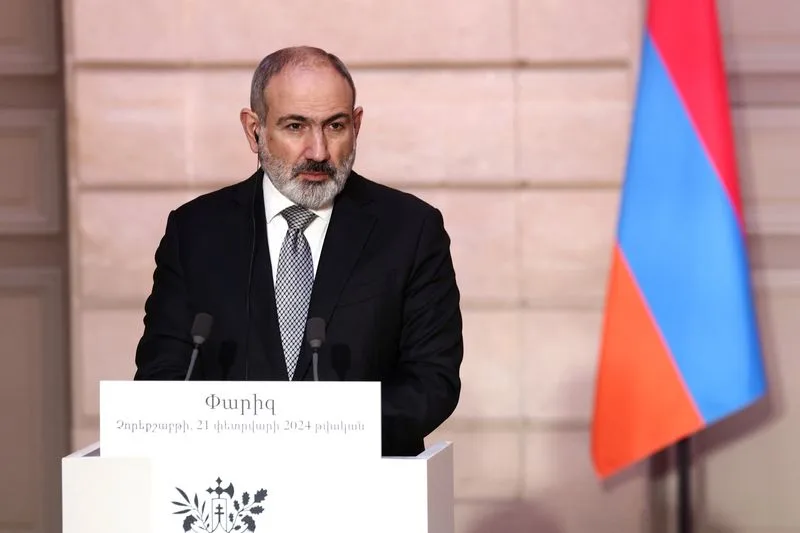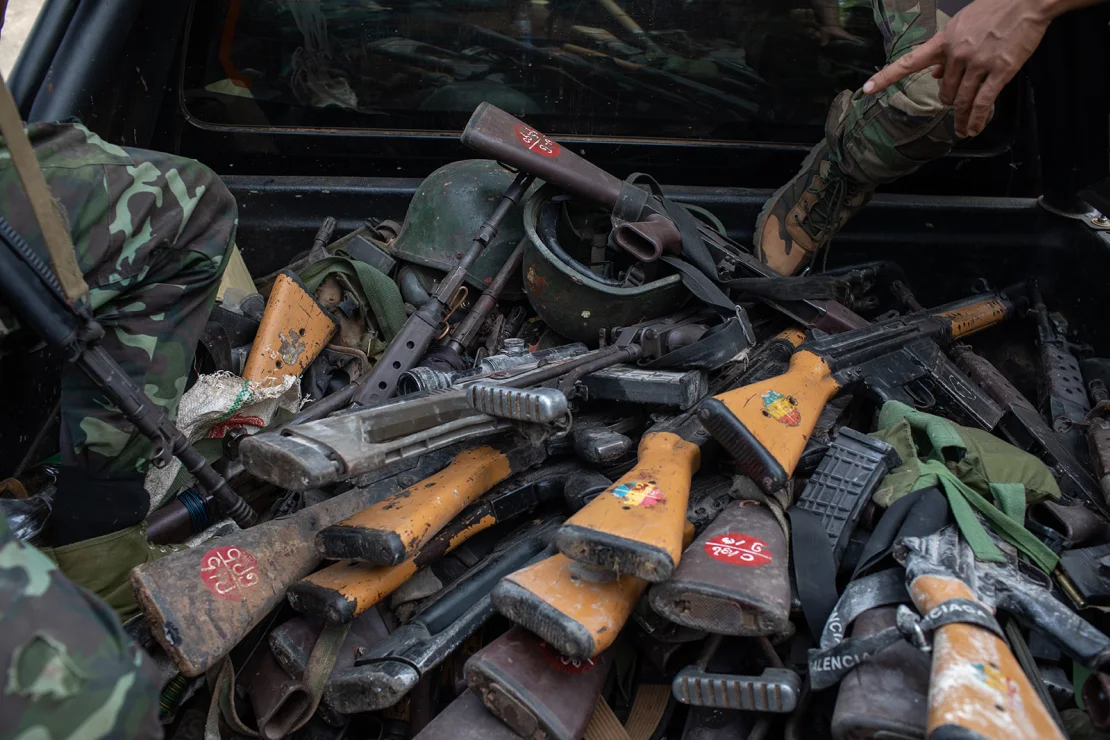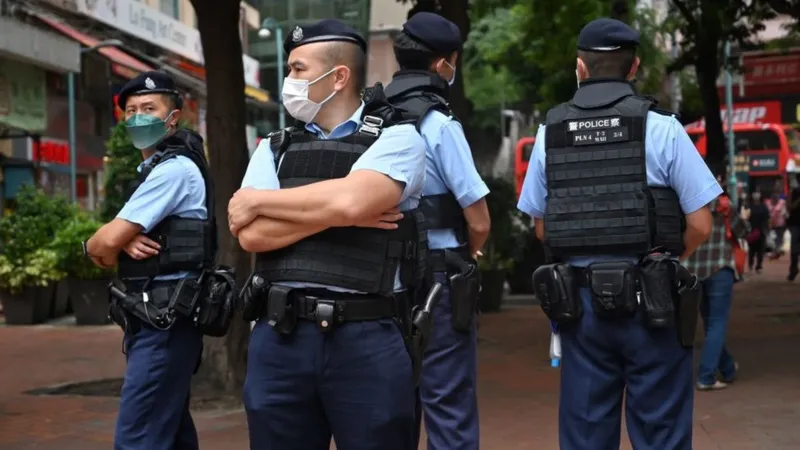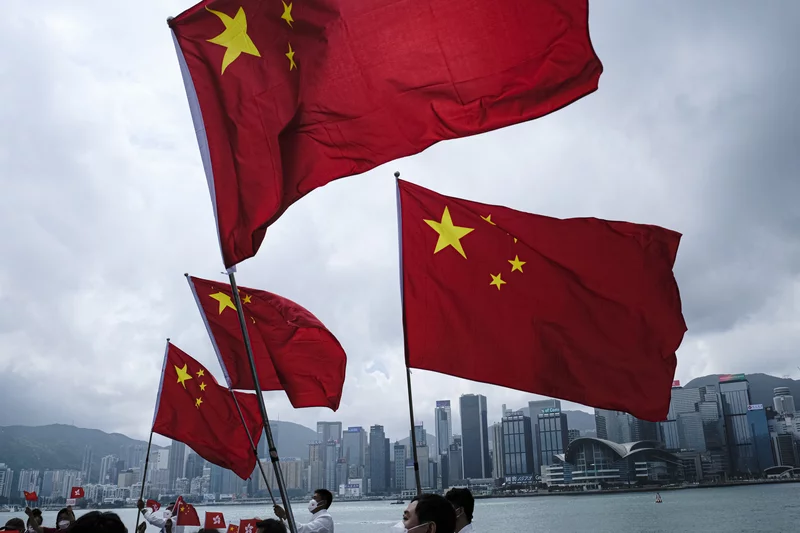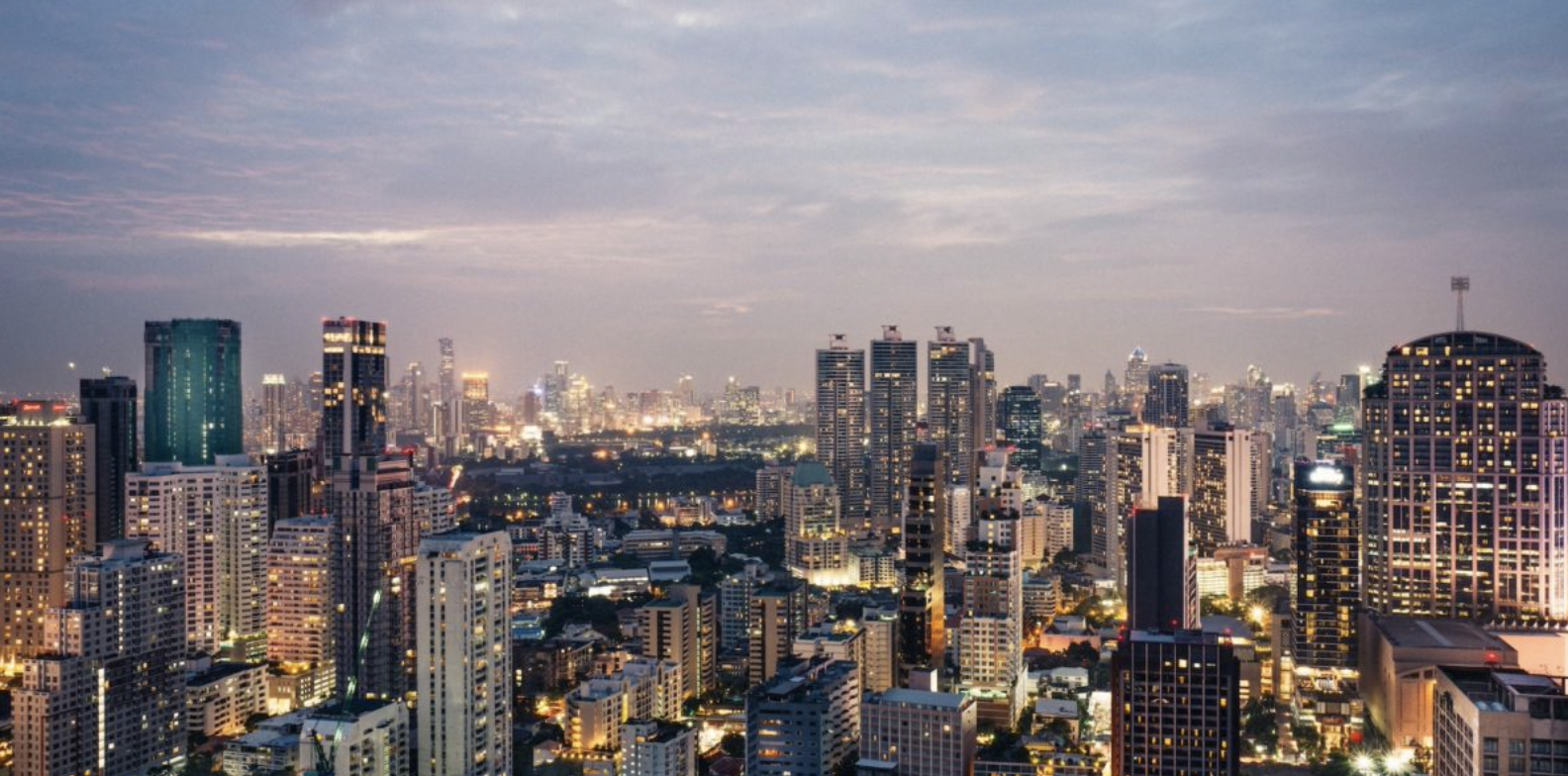Turkish vote: Battle to run Istanbul becomes key to country's future (March 28, 2024, BBC)
Millions of Turks vote in elections on Sunday to decide who runs their biggest cities - and whether President Recep Tayyip Erdogan can wrest back control from the opposition.
What the world continues to get wrong about Libya (March 10, 2024, Arab News)
In the collective pursuit of stability in Libya, the global community continues to witness the unraveling of well-intentioned summits and initiatives, the latest being next month’s troubled Sirte National Reconciliation Summit.
Armenia's PM says he must return disputed areas to Azerbaijan or face war (March 19, 2024, Yahoo News)
Armenia could face a war with Azerbaijan if it does not compromise with Baku and return four Azerbaijani villages it has held since the early 1990s, Prime Minister Nikol Pashinyan said in a video published on Tuesday
How the Sunflower movement birthed a generation determined to protect Taiwan (March 21, 2024, The Guardian)
Protesters who took part in the 2014 movement against closer ties with China say it holds lessons for Hong Kong and Ukraine
Burnings and beheadings: Myanmar junta escalates terror tactics against its people (n.d., CNN)
By waging terror tactics including burnings, beheadings, mutilations, torching villages, and through a massive aerial bombing campaign that has displaced nearly three million people, the Myanmar military is attempting to control and divide the population through a long-established doctrine of fear and brutality, witnesses and analysts say.
The Maldives Is a Tiny Paradise. Why Are China and India Fighting Over It? (March 5, 2024, The New York Times)
Asia’s two giants are crowding the island nation with building projects, tossing its newborn democracy to and fro.
Manipur in India’s Northeast Remains in the Grip of Uncertainty and Fear (March 13, 2024, The Diplomat) (Subscription Required)
Rumors are circulating in Imphal that the government is considering ceasefire agreements with Indian separatist groups sheltering in Myanmar.
Iraq: Signs of Stability in a Volatile Region (February 16, 2024, Gallup)
Iraq’s instability has dominated global headlines for years, but new Gallup data show that Iraqis see their country standing on firmer ground.
Article 23: What is Hong Kong's tough new security law? (March 25, 2024, BBC)
Hong Kong has introduced a new security law that the government says is necessary for stability, but has raised fears that civil liberties will be further eroded. The law, called Article 23, covers treason, sedition and state secrets, and allows for trials to be held behind closed doors.
China Increasing Its Regional Power (March 19, 2024, NPR)
We go to two places where China has been exerting control. In Hong Kong, the government finally passed national security laws that are seen by critics as eroding civil liberties. In the Philippines, China's attempts to expand its territorial waters are being met with increasingly fiery rhetoric from senior officials.


